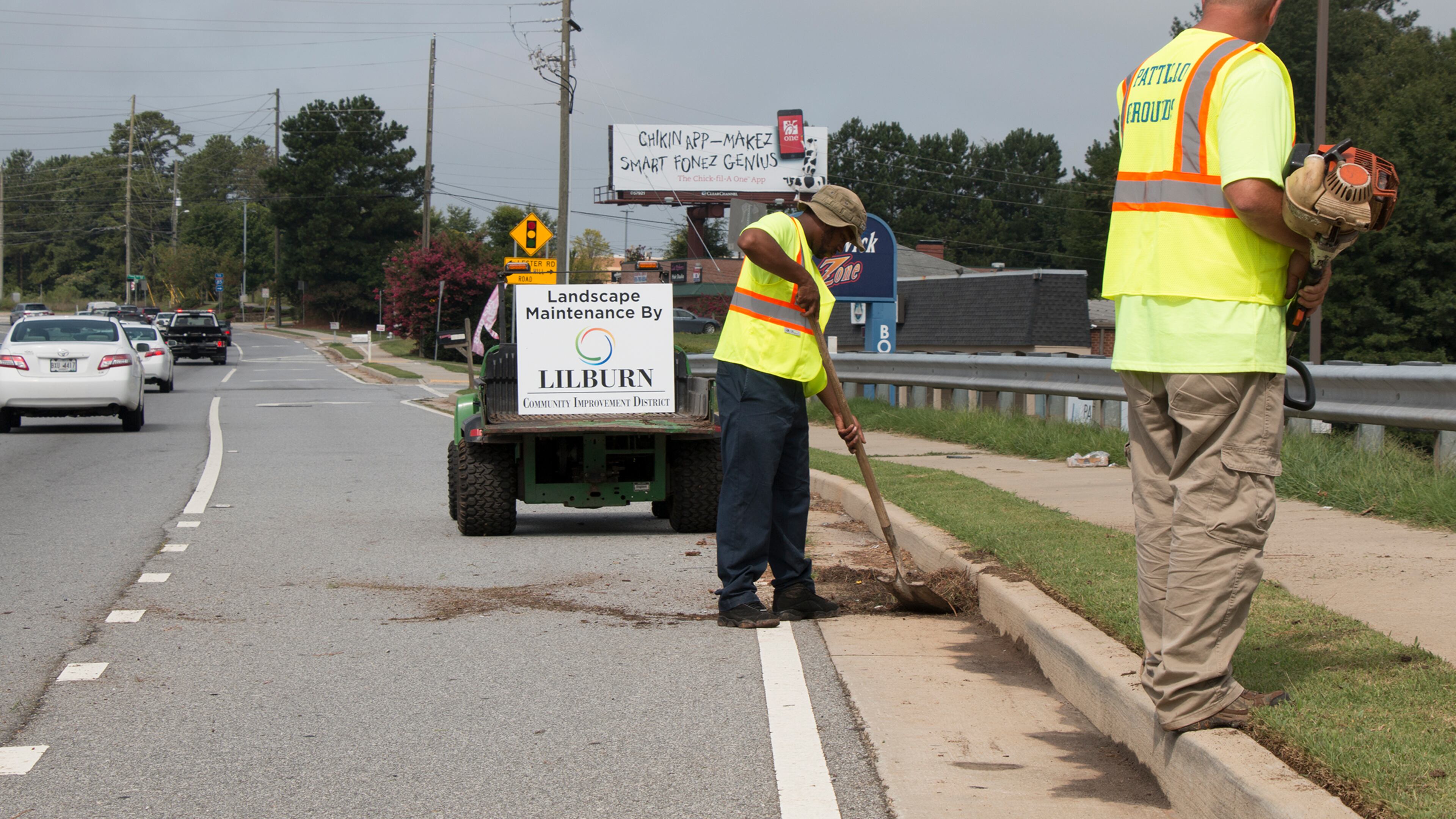Community Voices: What is a CID and does it affect me?

I hear a lot about community improvement districts lately, so I’ve been wondering how they might affect me as a resident of Gwinnett County. A Community Improvement District is a quasi-governmental entity with the power to self-tax commercial property owners for public improvement projects.
Currently, metro Atlanta has 26 CIDs, with Gwinnett home to five: Evermore, Lilburn, Gwinnett Village, Gwinnett Place and the newest, the Sugarloaf CID. For those commercial property owners choosing to participate, they generally agree to an additional property tax of 5 mils, or about $2,000 on a $1 million property.
Unlike a chamber of commerce, a CID can help fund physical improvements to an area. CIDs generally focus on transportation, physical appearance and safety issues. They partner with city, county, and state agencies to help initiate projects like reconfiguring an intersection or installing sidewalks for pedestrians.
According to Joe Allen, executive director of the Gwinnett Place CID, “The CID allows our commercial property owners to take their future into their own hands. They decide what studies need to be done, have input on what infrastructure needs to be put in place and where funding should be spent.”
The Gwinnett Place CID is focused on redevelopment of what Allen calls, “the strategic heart of Gwinnett County.” They helped improve traffic along Pleasant Hill Road by initiating the diverging diamond intersection across Interstate 85. The CID has worked to decrease crime by partnering with the county to provide security patrols seven days a week. They hope to attract more mixed-use development to the area with a greater mix of residential and office space.
Emory Morsberger, executive director of the Lilburn CID, tells me they will spend about $60,000 of their annual $260,000 revenue mowing street shoulders and picking up litter this year. The idea is that increasing curb appeal and eliminating blight, along with intersection improvements and better traffic light timing, will increase road capacity and make the area more attractive to quality, upscale businesses.
“Every beer bottle we pick up and every upgraded intersection we initiate, works toward our primary purpose to increase property values for our members,” said Morsberger.
While a CID has no authority over the kinds of businesses coming into their areas, nor do they have any ability to eliminate certain kinds of businesses, they can voice their concerns to the city or county about zoning decisions. Allen was candid in saying the Gwinnett Place CID isn’t particularly interested in attracting more pool halls, tattoo parlors or pawnshops. But these are decisions existing commercial property owners are choosing since they make up the board of directors who guide the CID.
Many of the Lilburn CID’s 150 property owners contact Morsberger daily with everything from worsening traffic issues or concerns over an overgrown lot, to questions about how to improve the appearance of their property or ideas for future economic development.
As a local resident, I can easily see how improving areas that may have fallen into disarray, filling empty commercial properties with quality businesses, and helping improve traffic will benefit my family. In the long run efforts by local CIDs could increase my property’s value as well.
Gwinnett’s Community Improvement Districts:
Evermore CID: www.evermorecid.org
Gwinnett Village CID: www.gwinnettvillage.com
Lilburn CID: www.lilburncid.com
Sugarloaf CID: www.sugarloafcid.org
